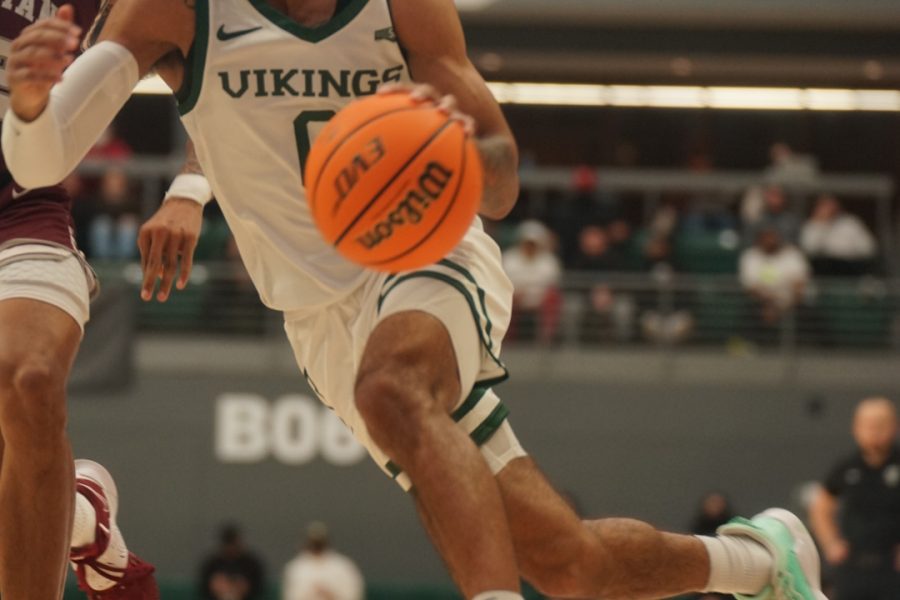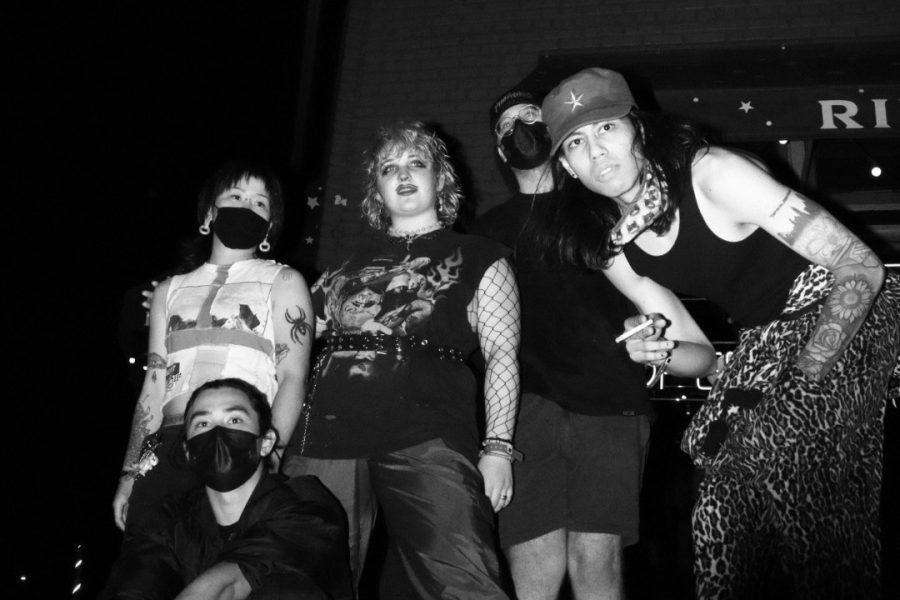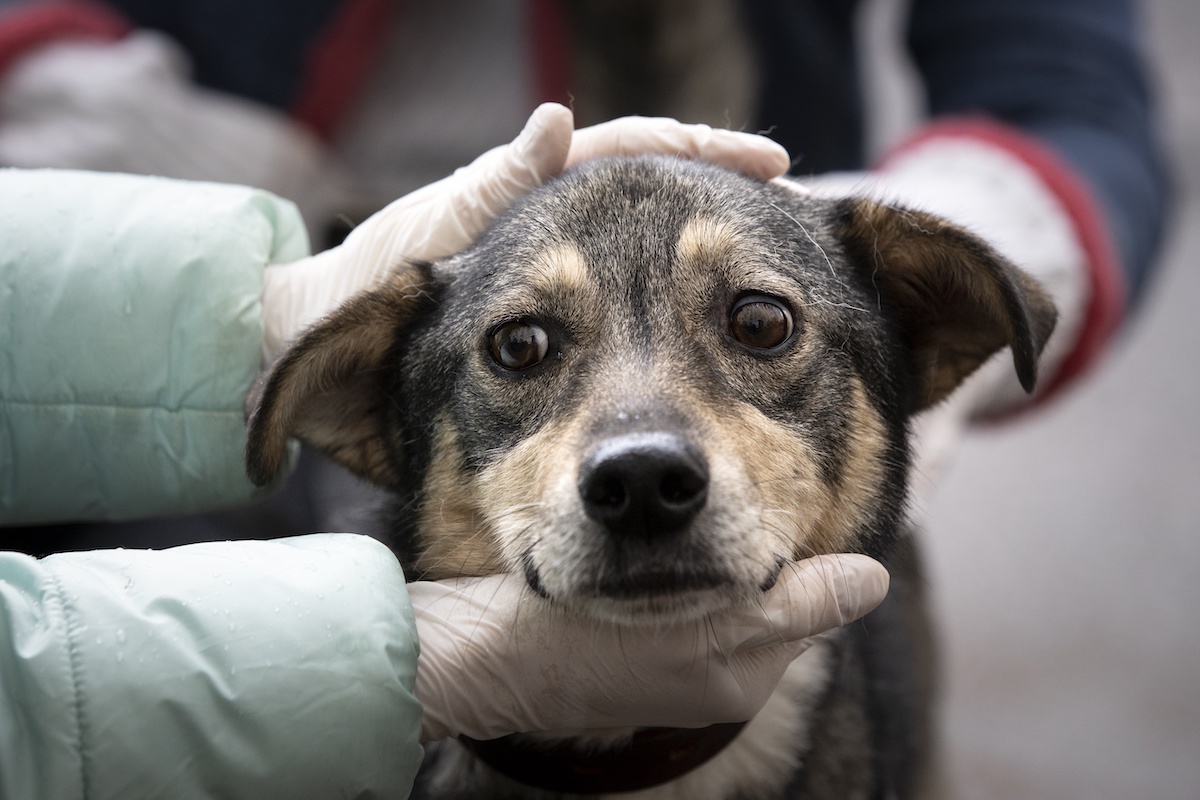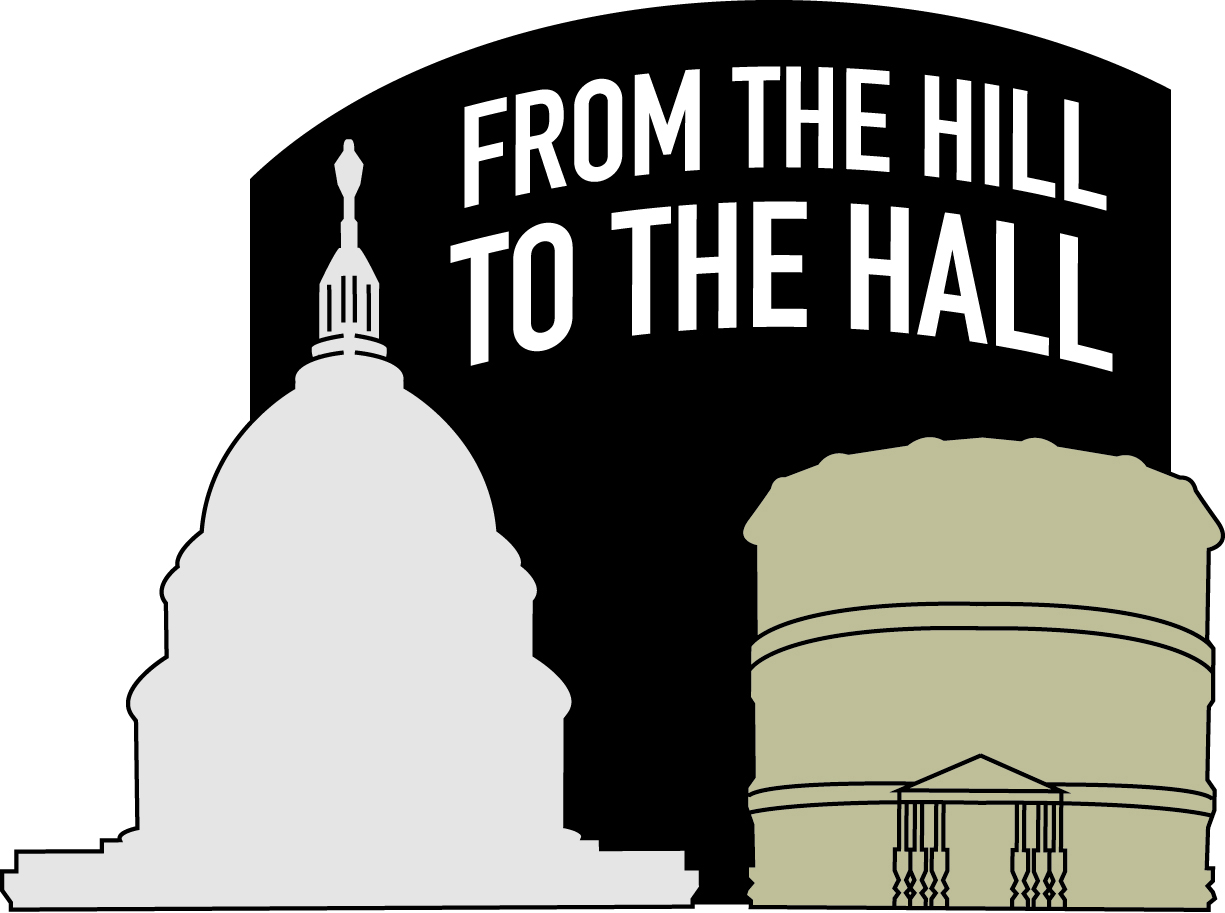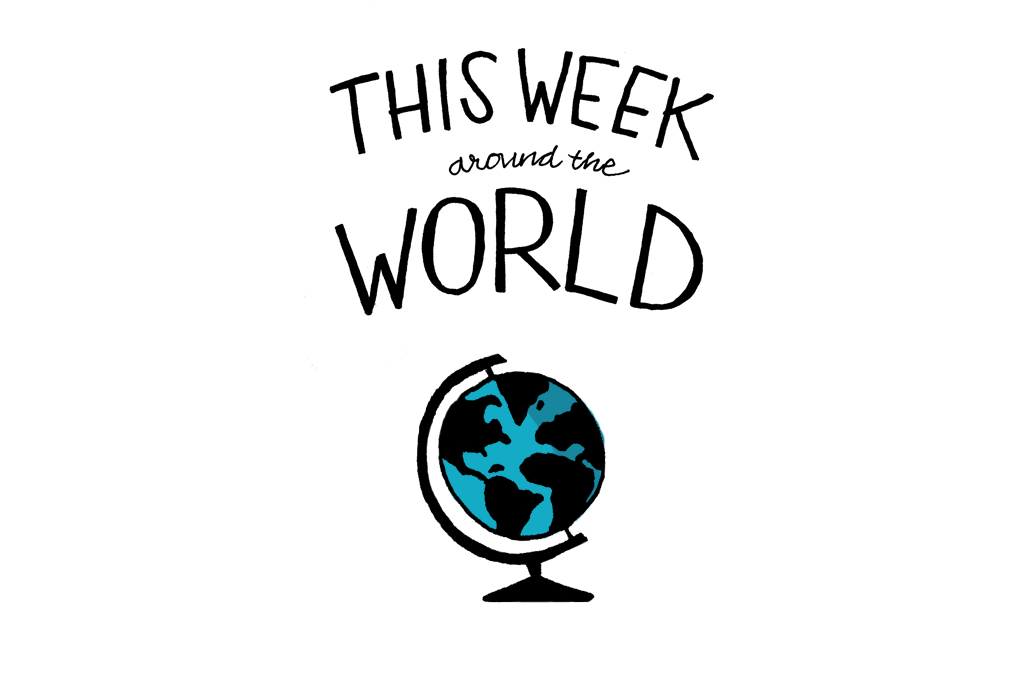Tensions between Russia and other countries continue to increase since Russia’s deployment of nearly 100,000 troops near the Ukraine border last week. On Jan. 26, United States President Joe Biden announced that he would consider personal sanctions on Russian President Vladimir Putin should Russia invade Ukraine, according to Reuters.
Other national leaders made plans to shield Europe from a potential energy supply shock, and stepped up military preparations. Some of these preparations include NATO sending ships and fighter jets to eastern Europe, and the U.S. Department of Defense announced that 8,500 troops were on alert and awaiting orders to deploy into the region.
Russia has claimed that this response shows Russia is the actual target, and it has denied planning an invasion of Ukraine. After a 90-minute, secure video call with the leaders of Germany, France, Italy, Britain and Poland, Biden said there was “total unamity.”
NATO Secretary General Jens Stoltenberg said the alliance would take “all necessary measures…We will always respond to any deterioration of our security environment, including through strengthening our collective defence.”
On Jan. 26, Russia held military drills, and deployed further forces and fighter jets to Belarus. According to Reuters, Interfax news agency relayed a Russian defence ministry statement that the deployment of a paratrooper unit to Belarus would be followed by the movement of Su-35 fighter jets to Belarus. Such a buildup of forces could present a new front for a possible attack.
Konrad Muzyka, director of the Poland-based Rochan Consulting said that Ukraine reinforcing that area would require the divergence of forces from areas facing southwest Russia, thinning out the troops there.
“They don’t have enough manpower so they’ll have to make choices,” Muzyka said.
Further north, Russian warships in the Barents Sea practiced protecting a major shipping lane in the Arctic, as part of sweeping naval exercises announced by Moscow last week. Going back south, Russian artillery forces were set to practice firing as part of a combat readiness inspection of the Southern Military District in the southern Rostov region which borders Ukraine. The Kremlin’s point man on Ukraine was set to sit down with officials from France, Germany and Ukraine to discuss the Russian military buildup near Ukraine.
Last week, God Save the Queen was trending on Twitter, and free drinks were offered to British nationals at a winery in Ukraine, out of gratitude for the arrival of British military aid. However, this solidarity has not been experienced with one of Ukraine’s bigger and closer allies, Germany. Tensions between Germany and Ukraine have been building up in light of the possibility of a Russian invasion. Berlin has pushed for the opening of a new pipeline for Russian gas—circumventing Ukraine’s transit fees. Berlin has also refused to sell Ukraine weapons.
Germany’s navy chief, Kay-Achim Schoenbach, retired last week after saying Putin deserved respect—and attempting to win back Crimea was a lost cause. Foreign Minister of Ukraine Dmytro Kuleba said Germany’s actions were encouraging Putin to attack.
“So the question arises: on whose side is the German government today?” said Kyiv mayor Vitali Klitschko. “On the side of freedom, which means—Ukraine? Or on the side of the aggressor?”
German Chancellor Olaf Scholz, who took over for Angela Merkel last year after she served for 16 years, will be navigating this as his first big foreign policy crisis, which has been causing division within his coalition. This is further complicated because Germany relies on Russia for half of its natural gas.
On Jan. 8, the UK warned big businesses to be wary, and increased its defenses against the possibility of Russian cyber attacks. Russian officials claim Russophobia is to blame, after the expansion of the NATO alliance following the fall of the Soviet Union in 1991 which caused chaos in Iraq and Syria.
“Over several years, we have observed a pattern of malicious Russian behaviour in cyberspace,” said Paul Chichester, the British National Cyber Security Centre director of operations.
Ukraine claimed Moscow was behind a cyberattack on the country earlier this month in which a message warned Ukranians to “be afraid and expect the worst.”


